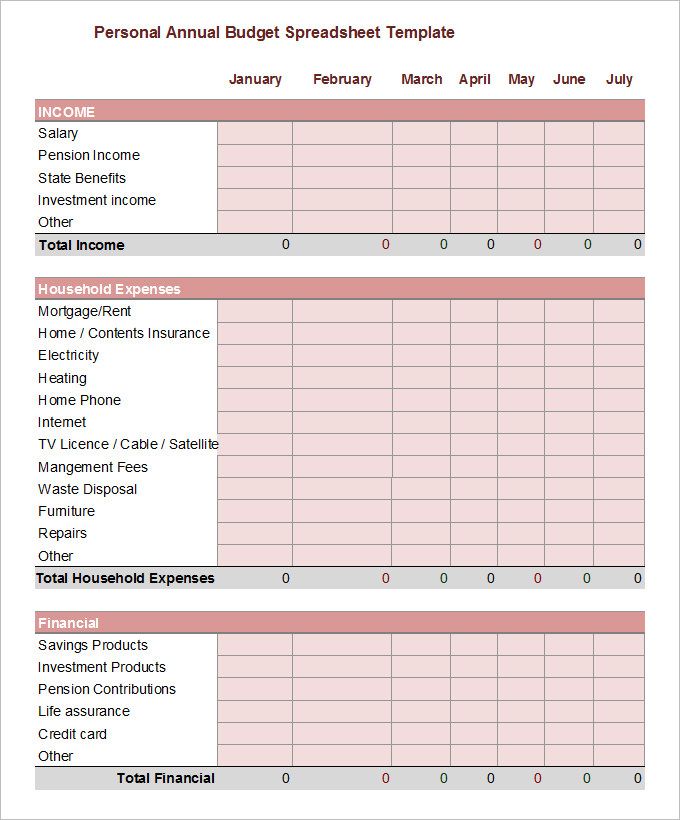Creating a yearly budget is an essential tool for individuals and businesses to plan their finances effectively. By outlining income, expenses, and financial goals for the upcoming year, a yearly budget provides a roadmap for better decision-making, informed financial planning, and tracking progress towards specific objectives.
In this comprehensive guide, we will explore the importance of yearly budgets, how to create one, examples of effective budgets, and tips for successful budgeting.
What is a Yearly Budget?
A yearly budget is a detailed financial plan that outlines projected income, anticipated expenses, and savings goals for the upcoming year. It serves as a roadmap for managing finances and making informed decisions to achieve financial stability and meet long-term objectives.
Why Create a Yearly Budget?
There are several reasons why creating a yearly budget is crucial for individuals and businesses:
- Financial Planning: A yearly budget helps in mapping out financial goals and determining the steps needed to achieve them.
- Expense Tracking: By tracking expenses throughout the year, individuals and businesses can identify areas where costs can be reduced or eliminated.
- Income Management: Understanding sources of income and planning for fluctuations can help in maintaining financial stability.
- Goal Setting: Setting specific financial goals and tracking progress towards them keeps individuals and businesses motivated to stay on track.
How to Create a Yearly Budget
Follow these steps to create a comprehensive yearly budget:
- Gather Financial Information: Collect all financial documents, including income statements, bank statements, and bills.
- Set Financial Goals: Determine your short-term and long-term financial goals, such as saving for a vacation or paying off debt.
- Estimate Income: Calculate your expected income for the year from all sources, including salary, investments, and other sources.
- Track Expenses: Record all monthly expenses, including fixed expenses like rent and utilities, as well as variable expenses like groceries and entertainment.
- Create Categories: Organize expenses into categories such as housing, transportation, food, and entertainment to get a clear picture of where your money is going.
- Allocate Funds: Allocate funds to each category based on your income and financial goals, ensuring you have enough to cover all expenses.
- Monitor and Adjust: Regularly track your spending throughout the year and make adjustments as needed to stay within your budget.
Examples of Yearly Budgets
Here are some examples of yearly budgets for different scenarios:
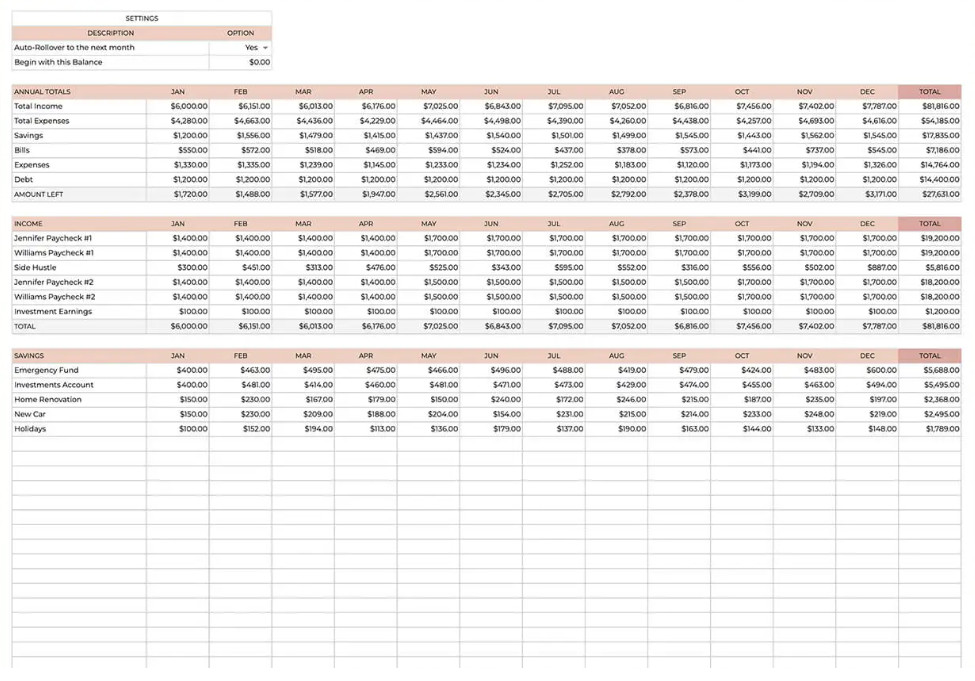
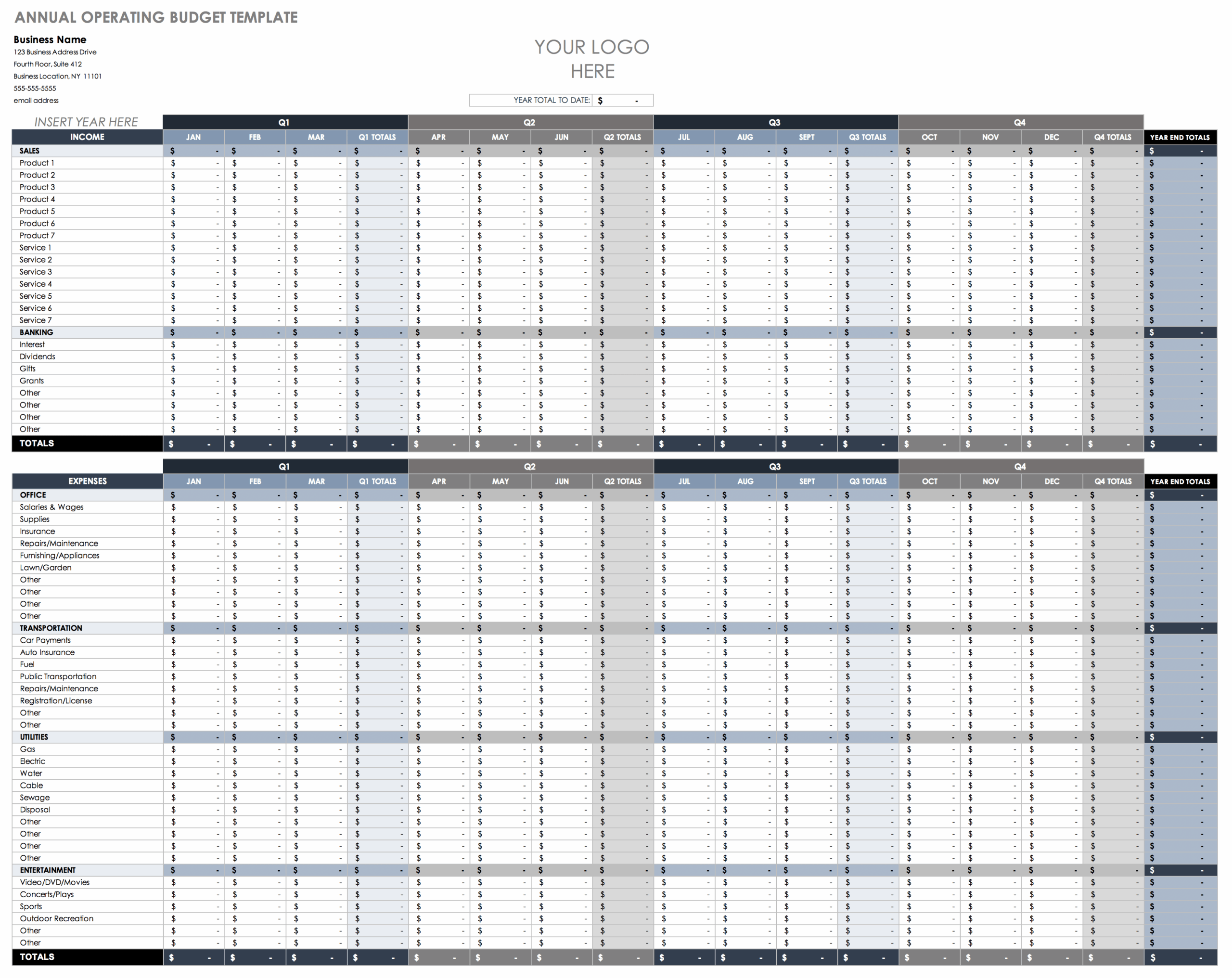
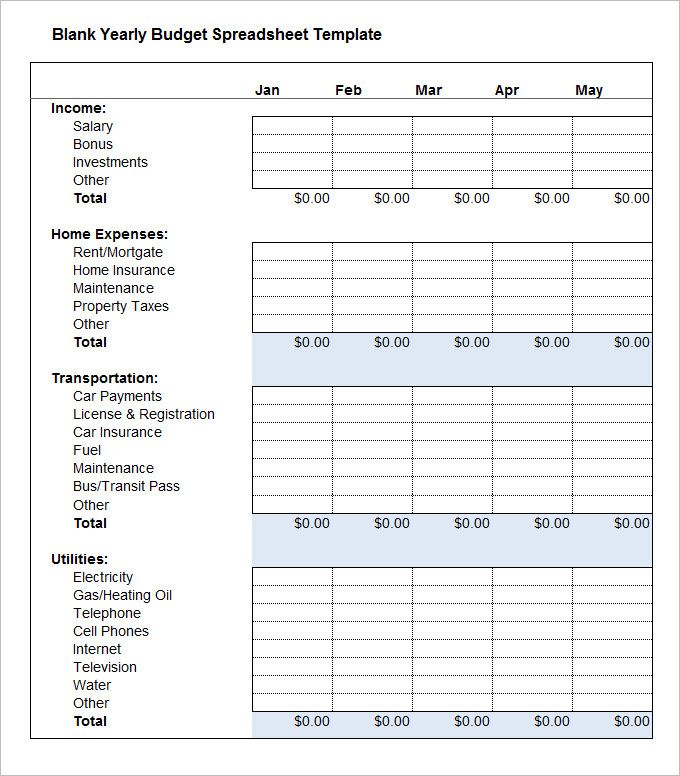
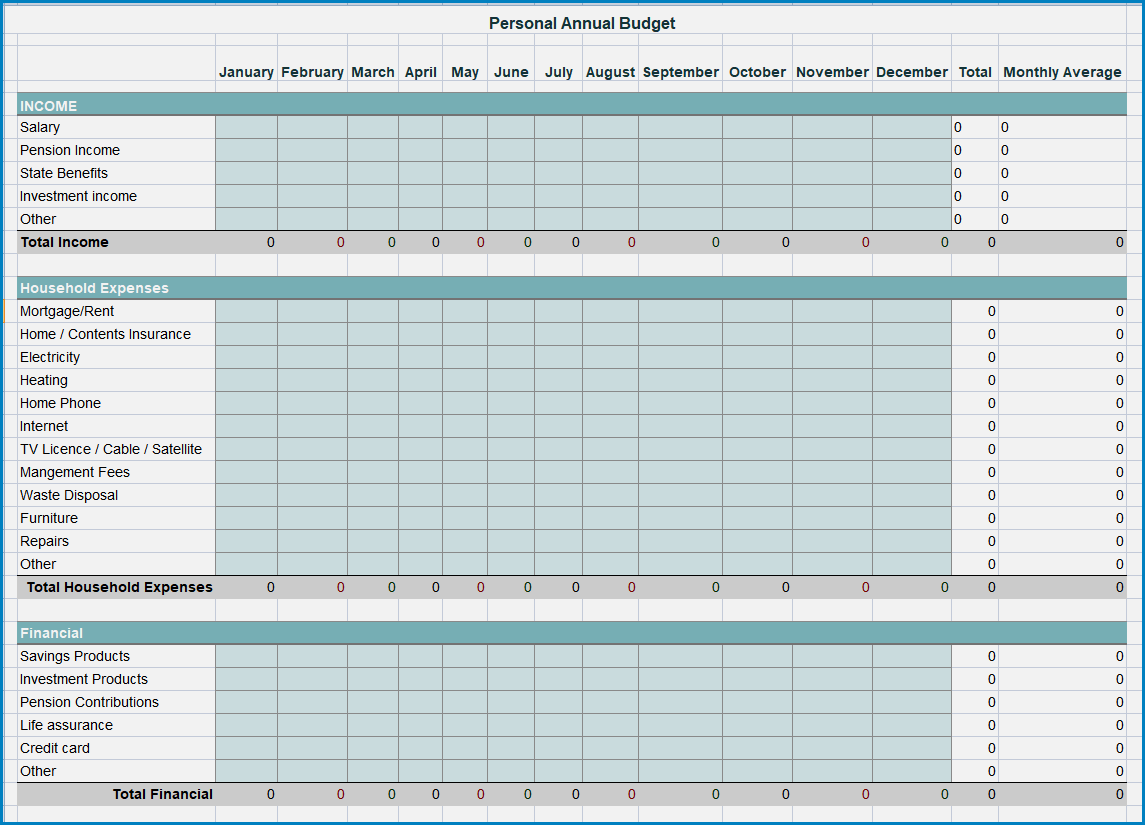
Tips for Successful Budgeting
Follow these tips to ensure successful budgeting with your yearly budget:
- Be Realistic: Set achievable financial goals and expenses based on your income and financial situation.
- Track Spending: Regularly monitor your expenses to stay within your budget and identify areas where costs can be reduced.
- Review Regularly: Review your budget monthly or quarterly to make adjustments as needed and stay on track towards your financial goals.
- Seek Professional Help: If you’re struggling to create or stick to a budget, consider seeking help from a financial advisor or accountant.
- Celebrate Achievements: Celebrate reaching financial milestones and goals to stay motivated and continue working towards financial success.
By creating and following a yearly budget, individuals and businesses can effectively plan their finances, make informed decisions, and work towards achieving their financial goals. Start your budgeting journey today and take control of your financial future!
Yearly Budget Template – Download
